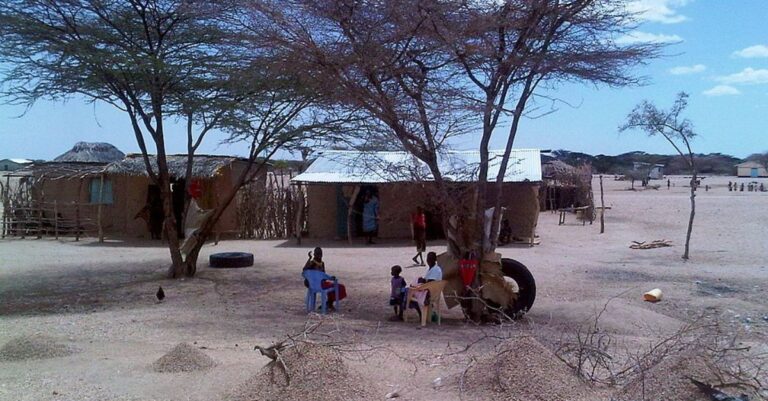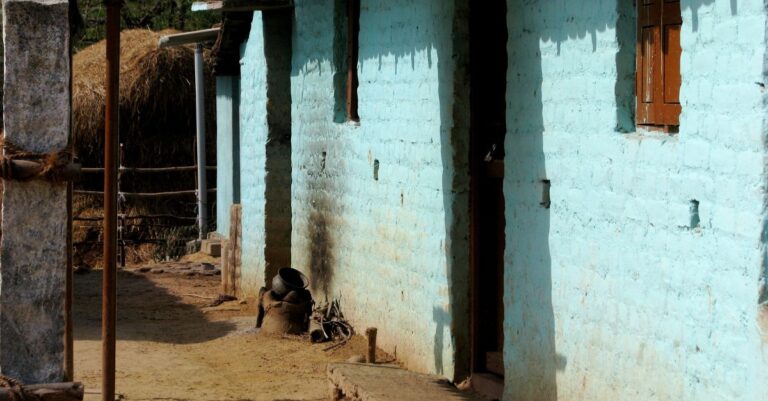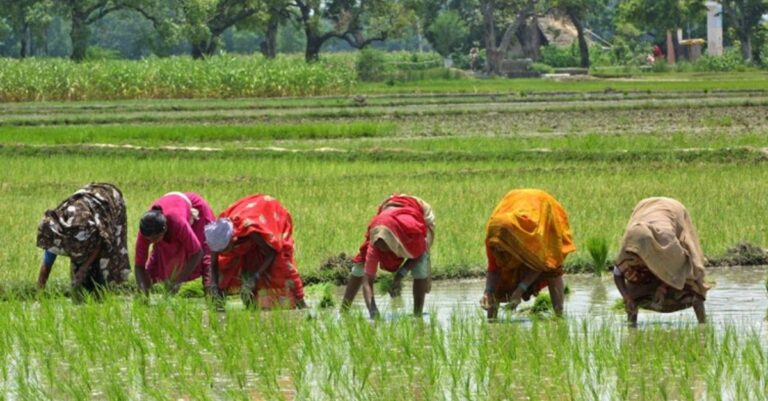Lack of demand has led to a demand and supply imbalance and has forced some jute mills to lower the number of shifts or cut down the shift hours
Jute mills in Bengal are estimating a 30 per cent decline in demand of jute bags in 2024-25 amid shortfall of mandatory procurement of jute bags for packing of foodgrains and sugar.
Lack of demand for jute bags is resulting in a demand and supply imbalance and has forced some jute mills to lower number of shifts or cut down the shift hours.
State labour minister Moloy Ghatak is expected to take stock of the industry situation in a meeting with the representatives of Indian Jute Mills Association on Thursday.
The demand for jute bags was around 38-39 lakh bales annually in 2021-22. From there it has declined to around 35 lakh bales in 2023-24 and the industry expects the demand to further drop to 30 lakh bales in 2024-25. In contrast, the raw jute crop has touched 90 lakh bales over the last 3 years.
According to industry sources the new crop has already started to come in, but the orders for jute bags in the khariff season is at a shortfall in excess of 3.5 lakh bales. The situation worsened in June when order for only 27,000 bales were received against the plan of 2.35 lakh bales for the month.
The jute mills have an assessed capacity of around 5 lakh bales per month, while the current capacity utilisation in only at around 40-50 per cent.
Moreover, against the mandatory 20 per cent packaging of sugar in jute bags, mills estimate that only around 7 per cent of the sugar produced during the season has been packed in jute bags.
Jute mill unions have already met with the labour minister on Tuesday to highlight the concerns over production slowdown and the adverse impact on the industry and its workforce.
The Telegraph had earlier reported that jute farmers in the state are concerned over the falling prices of raw jute which has prompted an introspection over the prospects of exploring alternative cash crops to the golden fibre.
There are around 40 lakh jute farmers and 4 lakh workmen associated with the jute industry in the state.
Sources said that during the meeting with the unions, the state government has agreed to escalate these issues to the central government, specifically the Ministry of Textiles, to ensure stringent monitoring and implementation of the Jute Packaging Materials Act and Jute and Textiles Control Order.
The state government has also indicated its intent to draft a comprehensive representation urging immediate action to mitigate the crisis and ensure the sustainability of the jute industry.
(Originally published The Telegraph Online)




